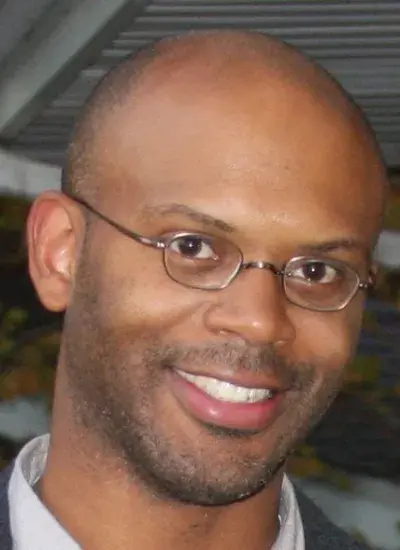Merckx and the Machine: Governing Bodies, Banned Technologies, and the Future of Sport

Speaker
Rayvon Fouché
Associate Professor, University of Illinois, Urbana-Champaign
When
-
Where
Newell-Simon Hall 1305 (Michael Mauldin Auditorium)
Video
Video link
Description
In the fall of 1972, cyclist Eddy Merckx rode the unimaginable distance of 49.431 kilometers in an hour on a seemingly “standard” bicycle. His record would eventually fall in the winter of 1984 to Francesco Moser. Moser’s non-traditional bicycle, and the aerodynamic advantages it provided, significantly contributed to the breaking of Merckx’s record. Using computing power, material science, and wind tunnels to extract every bit of aerodynamic efficiency from a bicycle, others extended the record over the next decade. Yet in 1996 cycling’s governing body, the UCI, agreed to return this valorized record to it roots by wiping away the records since Merckx and required all those who attempting the hour record to ride a bike similar to the one Merckx rode in 1972. This paper will examine the way sport governing bodies have legislated for and against technologies that appear to undermine the primacy of the athletic body.
Speaker's Bio
Rayvon Fouché is an Associate Professor of History and Research Associate Professor of the Information Trust Institute at the University of Illinois, Urbana-Champaign. His work explores the multiple intersections and relationships between cultural representation, racial identification, and technological use. His first book Black Inventors in the Age of Segregation (Johns Hopkins University Press) created a broader textured understanding of black inventive experiences. He has co-edited Appropriating Technology: Vernacular Science and Social Power (University of Minnesota Press) and edited the four volume Technology Studies (Sage Publications). He is currently working on two projects. The first is a study of the ways sport governing bodies construct thresholds of authenticity by legislating technological use. The second examines what happens to communities when the technologies that define their existences change from “analog” to “digital.”
Speaker's Website
http://www.rayvonfouche.com/
Host
Sara Kiesler

